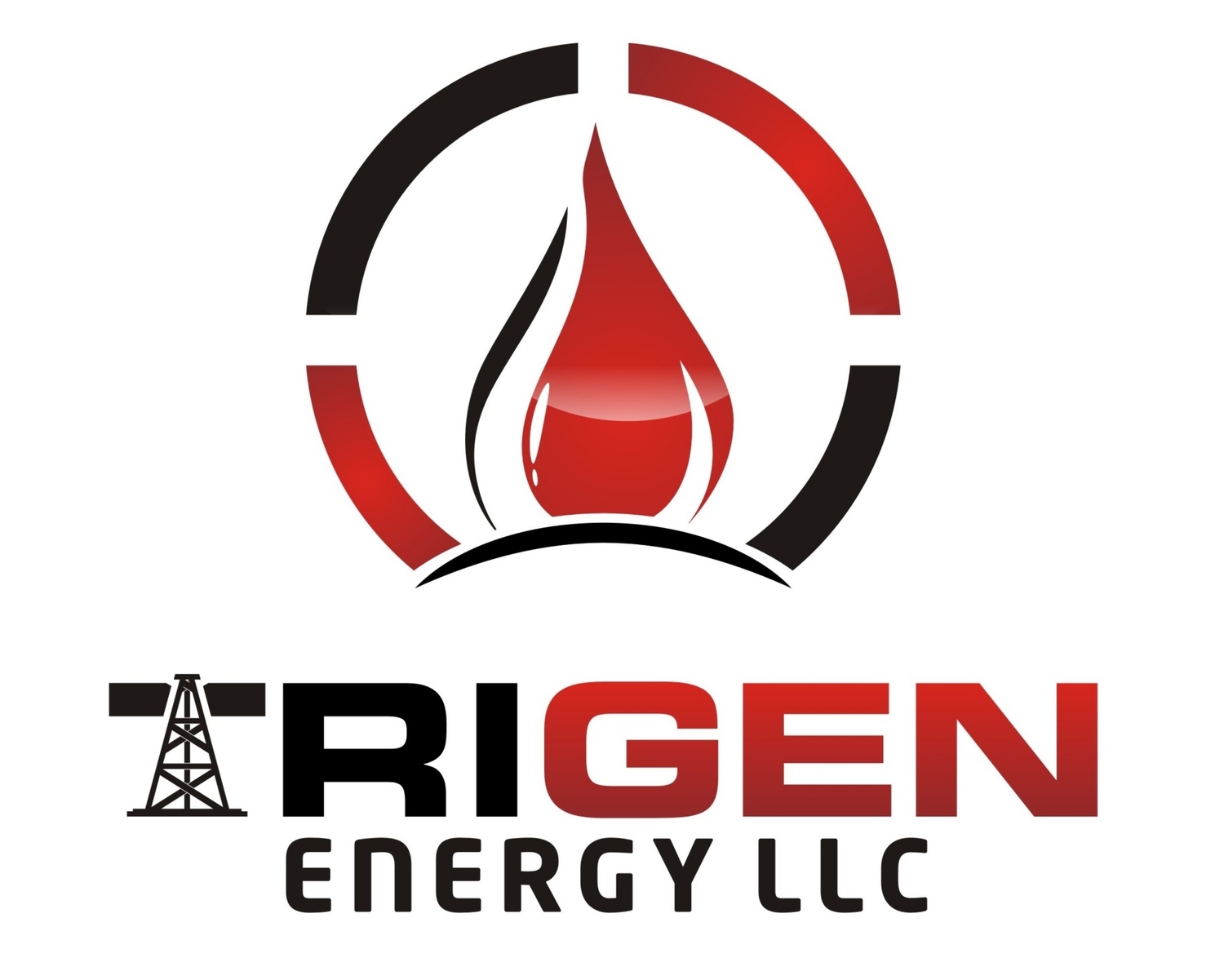CCS Projects: Pros & Cons for Landowners
Carbon capture and storage (also known as “CCS”) is an emerging practice that involves capturing carbon dioxide (CO2) and storing it under the earth’s surface.
Why CCS? In the United States, certain producers of CO2 may be eligible for tax credits based on the amount they’re able to sequester (rather than emitting it into the air). For ethanol plants and other organizations that emit large amounts of CO2, such tax credits can translate into millions of dollars in savings.
If CO2 will be stored underground, it stands to reason that landowners should be adequately compensated. Let’s take a closer look at the pros and cons of participating in a CCS project.
Pros of CCS Projects for Landowners
Leasing your pore space rights for a CCS project could have several potential benefits:
Financial incentives: Landowners who participate in a CCS project receive payments in exchange for the injection and permanent storage of CO2 in their pore space. Additional payments may be obtained for situations involving pipelines and Class VI injection and monitoring wells.
Keep on farming (or whatever you do with your land): CO2 is typically stored at least a half mile beneath the earth’s surface, allowing for continued agricultural or other use.
Supporting ethanol plants who buy grain: According to Global Demand for Fuel Ethanol Through 2030 from the U.S. Department of Agriculture’s Economic Research Service, approximately 40% of corn produced in the United States is used by ethanol manufacturers for ethanol and related products. Participating in a CCS project helps ethanol producers, which, in turn, helps their suppliers: farmers.
Cons of CCS Projects for Landowners
As with any business opportunity, participating in a CCS project is not without drawbacks. Examples may include:
Perceived risk of the unknown: Collecting and injecting carbon dioxide into the ground is an unfamiliar concept for most people, which can lead to safety concerns and other worries. Prior to moving forward with a CCS project, it’s important to properly educate yourself on the science of CCS. One useful resource is Permanence and Safety of CCS, published by the U.S. Department of Energy’s National Energy Technology Laboratory.
Encumbrance on your title: Leasing your pore space will result in an easement that appears during a title search. This may affect the salability of your property depending on the buyer’s perspective.
Politically charged issue (on both sides): Certain left-leaning environmental groups may object to CCS because, in their opinions, capturing and storing CO2 doesn’t reduce the world’s reliance on fossil fuels. Voices on the right may dismiss CCS as a left-wing ploy to fix a problem that doesn’t actually exist. As a result, CCS has critics on both sides of the political spectrum.
Explore CCS Opportunities with Trigen Energy
At Trigen Energy, we specialize in helping CCS project developers connect with landowners like you. Contact us to check for potential opportunities in your area.

